Clinical Nutrition borders on the study of the nutrients essential for proper body functions, and how your health is impacted by your diet. Reading on, you would discover relevant information about clinical nutrition such as educational qualifications, professional prerequisites, and other necessary career information.
Defining Clinical Nutrition
Clinical Nutrition is the science that analyzes a person’s nutritional well-being. It basically focuses on the consumption of necessary nutrients in the right proportion.
Clinical nutritionists busy themselves with how nutrient in food is processed, ingested, and excreted by the human body. They also focus on how your eating habits affect your health.
Professionals in the field can ascertain your nutritional needs by referring to your medical history, lifestyle, genetic buildup, and some laboratory tests. A clinical nutritionist can suggest dietary changes that can improve your nutritional well-being.
Information Table for Clinical Nutrition
| Licensing | The Certified Nutrition Specialist (CNS) Credential is the prerequisite to get a license |
| Educational Requirements | Courses like food science, agriculture, and biology |
| Soft skills | Empathy, creative problem solving, communication skills, etc. |
| Similar professions | Health and wellness coach, |
| Work environment | Varies from place to place. Mostly dependent on the persons involved. Most times clinical nutritionists are self-employed |
Educational Qualification
A degree in nutrition, biochemistry, dietetics, or any other related field is required. Graduate programs are also available on clinical nutrition. Pediatric nutrition or geriatric nutrition is provided by general nutrition courses such as dietetics and nutrition programs.
If you are a licensed health practitioner, you may need to take some graduate level nutrition courses to level up.
Licensing and Certification
In most states, it is mandatory to have a license if you intend to practice. To hold a license, you must
- hold a bachelor’s degree in the required field.
- Go through an approved and supervised internship program
- You must pass the professional exams.
Although these are the basic requirements you must meet up with to be certified, the requirement might vary a little depending on the state in question. It is important to check the state’s health board for clarification.
The Clinical Nutrition Certification Board grants the Certified Clinical Nutritionist credential to qualified persons. All prospective professionals must meet up with the requirements listed above. Also, these prospective professionals are expected to do a 56-hour online clinical nutrition course that is offered by the board. Candidates who possess a graduate degree in the field of nutrition may pass this online activity. Kinetic Rehab and Spine of Bergen County has Certified Nutritionists who provide dietary advise to their patience in Paramus, Ramsey and Park Ridge New Jersey.
Career Opportunities
A clinical nutritionist has quite a number of options with regards employment. Some of these include health consulting firms, hospitals, government agencies, food companies, sports agencies, and acute care centers. Alternatively, they could start up a personal clinic and offer their services to people.
According to a report by the US Bureau of Labor Statistic (BLS), request for nutritionists and dietitians is likely to rise by 15 % between 2016 and 2026. The need for a good diet is becoming more popular, and more people are demanding for professional advice in the area. According to the BLS, the annual median salary earned by a nutritionist is $60,370 (2018).

